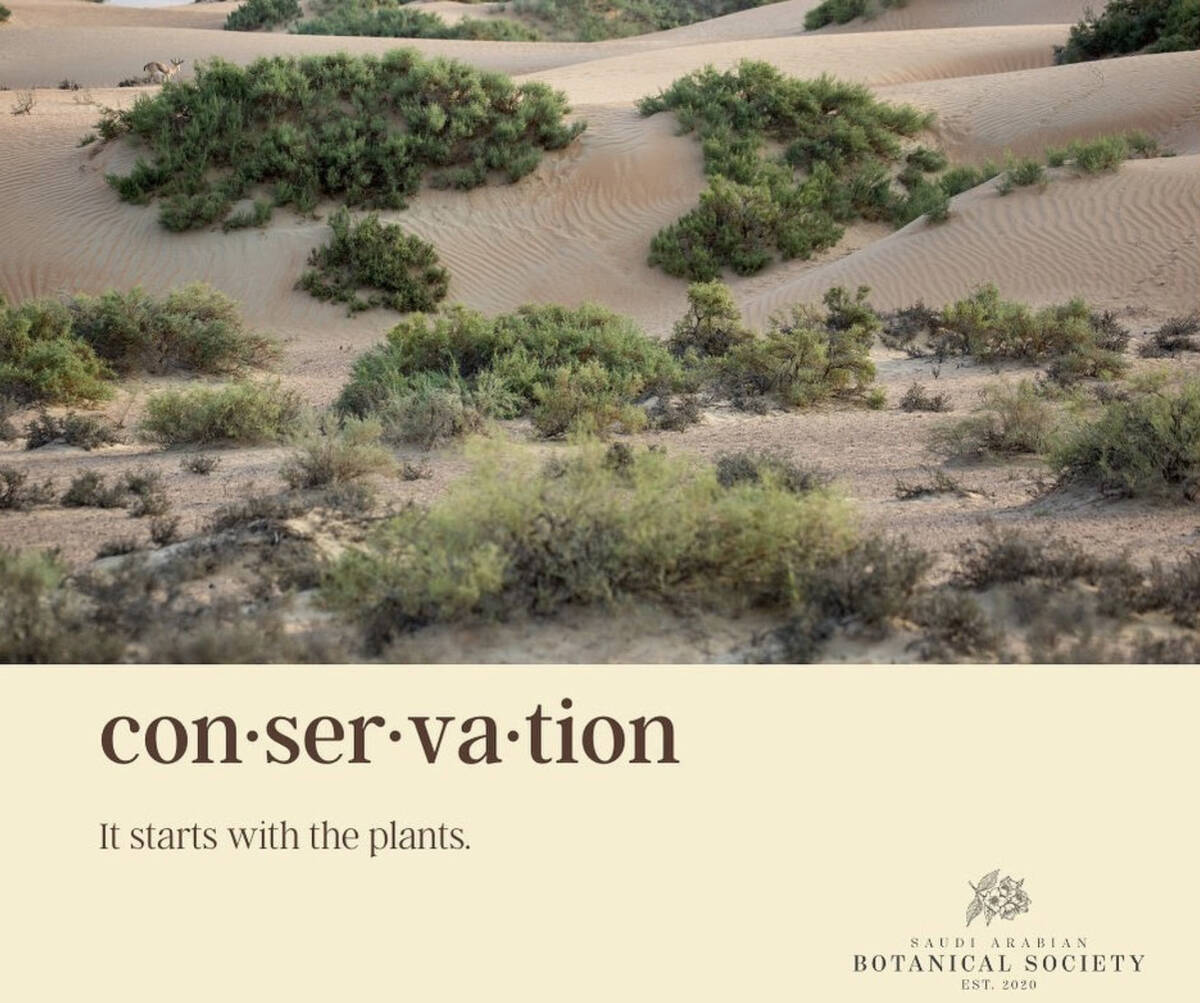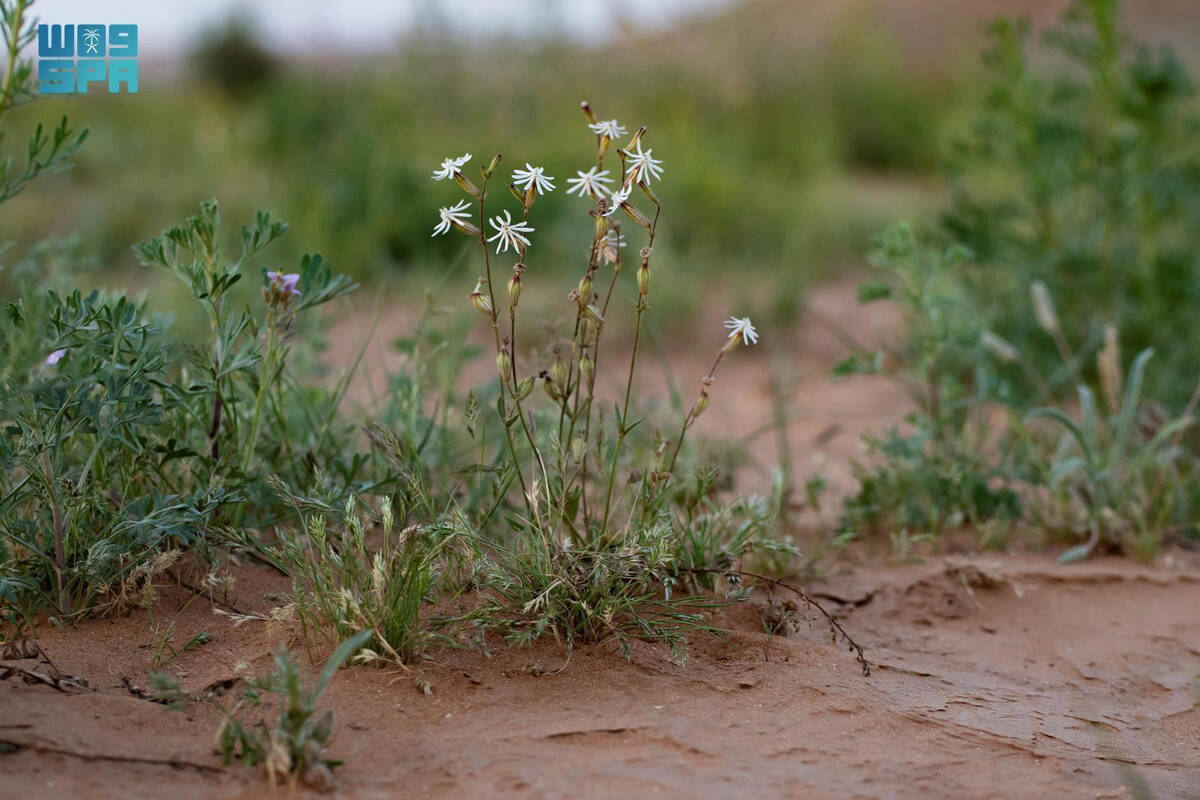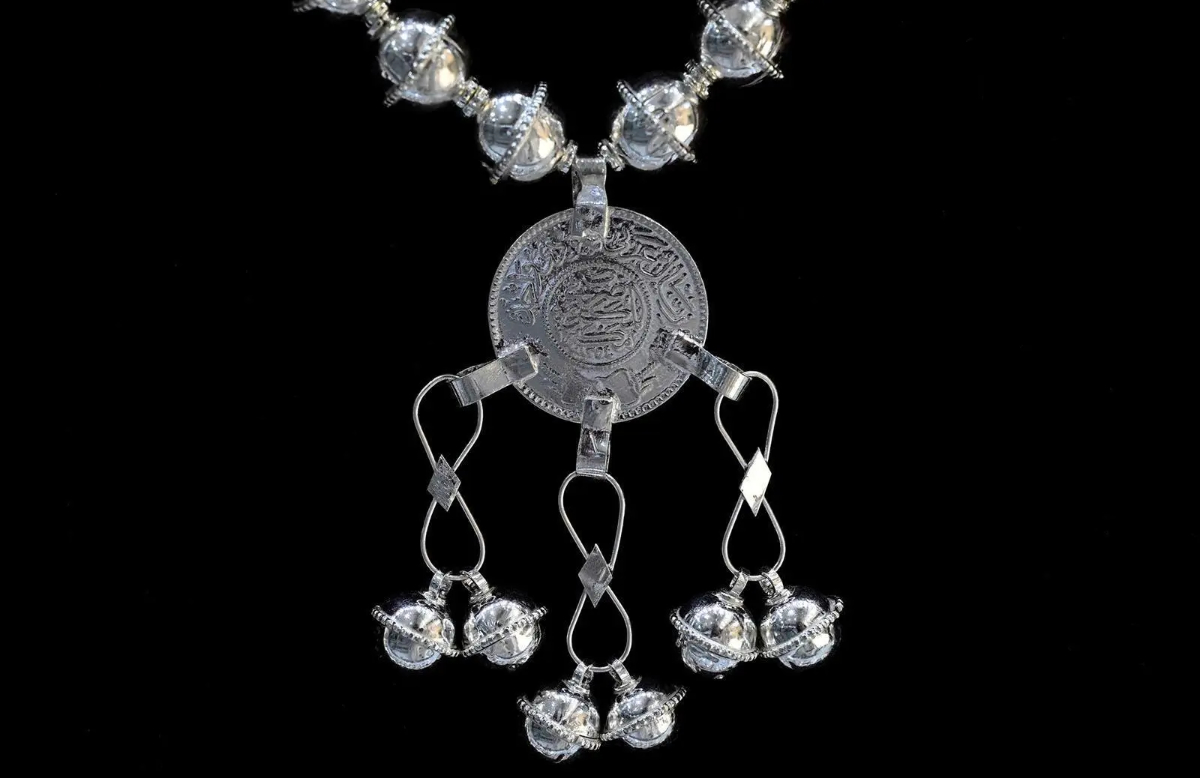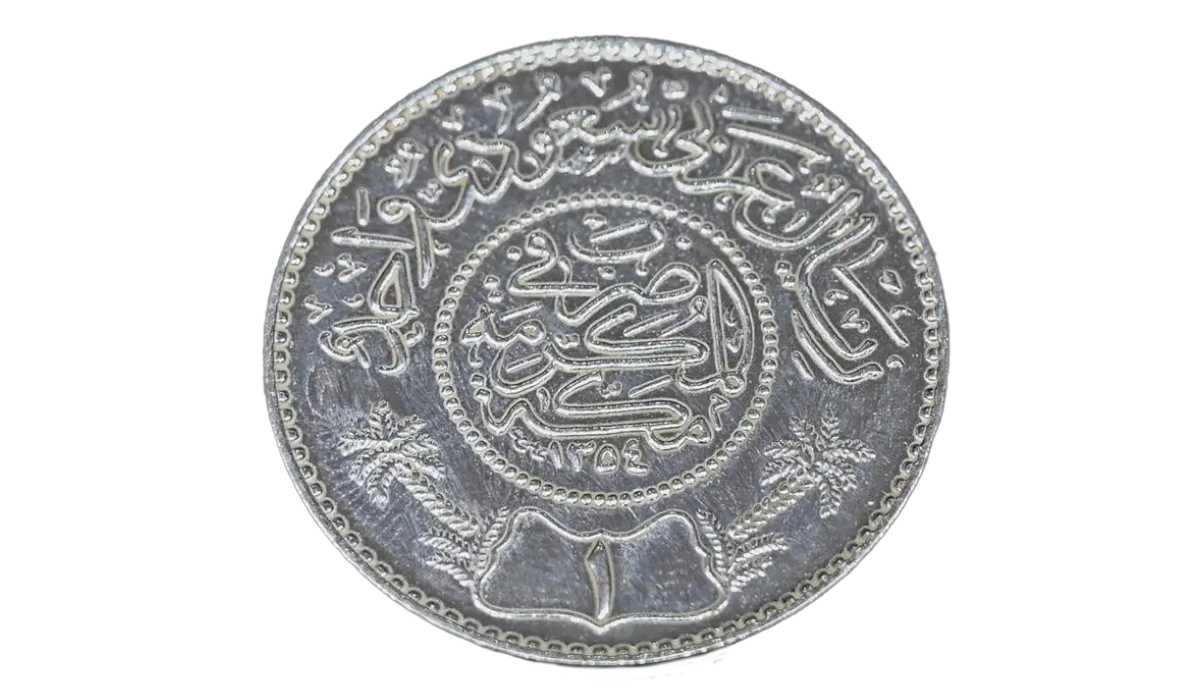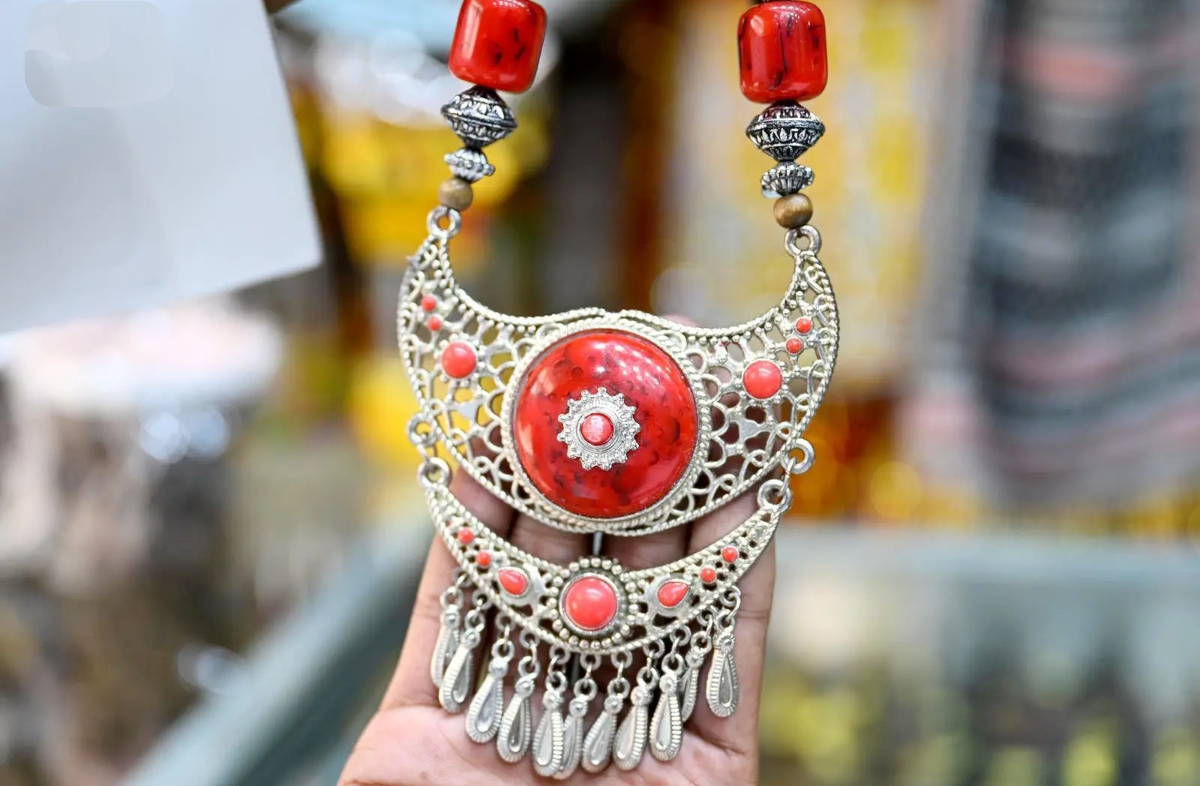RIYADH: Just as Saudi Arabia is going through a radical transformation under Saudi Vision 2030, so too is the country’s relationship with Japan growing and evolving, according to Tsukasa Uemura, the Japanese ambassador to the Kingdom.
“Saudi Arabia and Japan have developed a strong partnership since 1955, when the countries first established diplomatic ties,” he said, speaking exclusively with Arab News. “The Kingdom is going through very dynamic socioeconomic changes under Saudi Vision 2030, as is the bilateral relationship between Saudi Arabia and Japan.
“On Sept. 1, 2016, Crown Prince Mohammed bin Salman and Prime Minister Shinzo Abe set up the Joint Group for Saudi-Japan Vision 2030, heralding a new era of partnership between the two countries.”
Saudi-Japan Vision 2030 was launched by Abe and King Salman in March the following year as a “compass of a new strategic partnership,” Uemura added.
This joint vision is a comprehensive plan to develop a strategic partnership that will serve the economies and future prosperity of both nations by creating a synergy of our two strategies, he said.
He highlighted the fact that Saudi Vision 2030 sets clear goals for the development of a vibrant society, a thriving economy and an ambitious nation, and Japan is keen to play a key role in supporting this.
I am sure that Japanese tourists will be mesmerized by the rich history and culture in Saudi Arabia.
Tsukasa Uemura, Japanese ambassador to Saudi Arabia
“Japan has set a new growth strategy to realize Society 5.0 with connected industries,” he said, referring to Japan’s own national transformation program. “In addition, Japan’s growth strategy includes promoting women’s empowerment to develop a diversified and vibrant workforce. The Cool Japan policy (reflecting the country’s emergent status as a cultural powerhouse) adds cultural value to the economy.
“The government of Japan is fully committed to supporting Saudi Arabia’s efforts to realize its socio-economic reforms.”
Visits to Japan by King Salman in 2014 and the crown prince in 2017 helped to transform bilateral relations between the countries in a number of fields, said the envoy.
“We would like to encourage the current momentum of the two countries to raise bilateral relations to ever higher levels,” he added.
Japan’s reputation as a global technology hub can play a big role in supporting sustainable development in the Kingdom through the transfer of technology, Uemura said.
“I believe the best way to promote technology transfer is through investment,” he explained. “As part of Saudi-Japan Vision 2030, Japan is seriously promoting business-investment projects in the Kingdom in cooperation with the Saudi Ministry of Economy and Planning. The Saudi Arabian General Investment Authority and other ministries.”
The Japan Cooperation Center for the Middle East, for example, has helped to establish 11 joint ventures between Japanese and Saudi companies through the provision of feasibility studies.
In line with such efforts, Japan is contributing to the development of human resources and Saudization through two institutions in Riyadh and one in Jeddah that provide professional technical training to Saudi citizens, said Uemura. In addition, the Saudi-Japanese Automobile High Institute in Jeddah teaches young people to become automobile engineers, and the Higher Institute for Plastic Fabrication in Riyadh provides training for jobs in the petrochemicals industry.
Uemura said Japan and Saudi Arabia have signed a number of cooperative agreements in the field of technology and are working together on many high-tech projects, including the establishment of an industrial robotics training facility in the Kingdom.
“Through these projects, I believe that a lot of our experience and knowledge in the field has been transferred to Saudi researchers and students,” he said. “To provide assistance to Saudi students in the technology field, we have the Japanese government scholarship program called MEXT (Ministry of Education, Culture, Sports, Science and Technology). Young, brilliant Saudi students, researchers and teachers are taking advantage of this program to visit Japan to learn science, technology, language, art and business skills.
“Most of the 23-million-strong Saudi population is young. They support the reforms led by the crown prince. Japan also continues to support the reforms, and both the public and private sectors in Japan remain committed to the promotion of the Vision projects under an unwavering strategic partnership with Saudi Arabia.”
Japan is currently hosting the 14th G20 Summit in Osaka, and Saudi Arabia will host next year’s gathering. Uemura believes that Saudi Arabia has an important role to play in the global issues that will be discussed.
“Personally, I believe that Saudi Arabia can contribute a lot to global trade and energy issues,” he said. “As a leader of free trade and a pioneer of energy transition from a dependence on oil to a new form of energy mix, including renewables, the Kingdom can lead the way and promote a bright future, envisioned under Saudi Vision 2030 and related programs, to the world at the G20 in 2020.”
Cultural cooperation and exchanges between the two nations are also evolving, at a time when the entertainment industry in the Kingdom is opening up to new art forms.
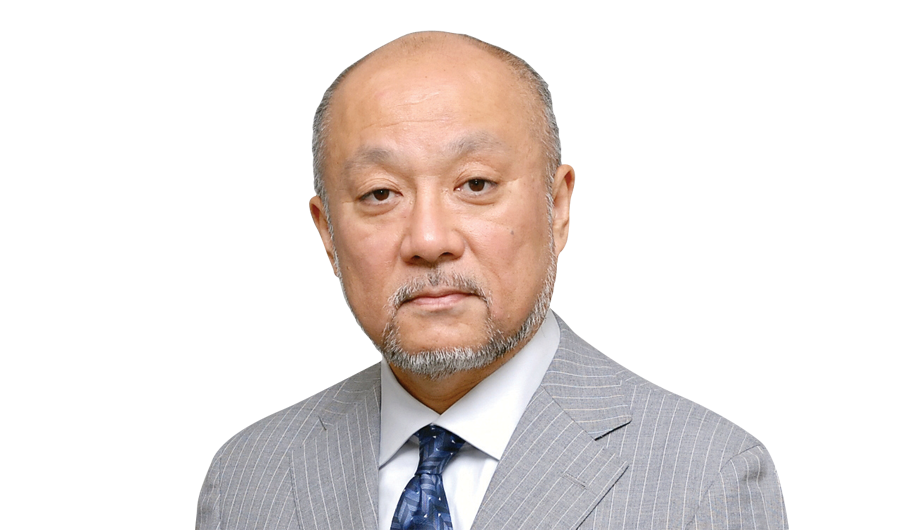
Tsukasa Uemura, Japanese ambassador to Saudi Arabia
For example, Uemura said, a “Saudi Cultural Days” event will be held in Tokyo soon, and Riyadh will host a “Japan Cultural Week.”
“We are working hard to arrange many cultural events to provide Saudi people with authentic Japanese cultural experiences through entertainment, traditional cultural events, and Japanese food,” the envoy explained.
After the huge success of “Roads of Arabia” — an archaeological exhibition that showcases the rich civilization, history and culture of the Arabian Peninsula — in Tokyo in January 2018, the Japanese Embassy is organizing a “Beautiful Handcrafts of Tohoku” exhibition that will take place early next year at the National Museum in Riyadh.
Turning to the tourism industry, Uemura said: “I think that Japan can do so much to contribute to Saudi tourism, both privately and publicly.”
Saudi moves to open up the country to foreign visitors by introducing a simple tourist visa system have been widely reported in Japan, and many people there are keen to visit the Kingdom, said Uemura.
The private sector in Japan views Saudi Arabia’s plans to boost tourism as a huge business opportunity and tours are being organized to what is considered one of the great untapped destinations in the world.
“In cooperation with the Japanese government, the tourism industry will bring many Japanese tourists to Saudi,” said Uemura. “I am sure that Japanese tourists will be mesmerized by the rich history and culture in this country and it will deepen their understanding of Saudi Arabia, which will lead to a better understanding of each other.”
Japan has also invited representatives of the Saudi Commission for Tourism and National Heritage and other official organizations to visit Japan to learn about heritage-related tourism.
“To accelerate our cooperation in this field and aid future cooperation, training courses in tourism and cultural heritage are scheduled in 2019 between the two countries,” said Uemura.
Given that Japan will host the 2020 Olympics and Paralympics, and that the development of sport in the Kingdom is an important part of Vision 2030, this is another area ripe for cooperation.
Uemura noted that the nations have already collaborated on a number of sporting projects and last year arranged exchange visits for participants in judo, fencing, swimming and weightlifting.
The collaboration will continue this year with an archery training camp and a parasports program for women, he added.
Japan has also sent a female Judo coach to help the Saudi women’s Judo team prepare for the Tokyo Olympics.








